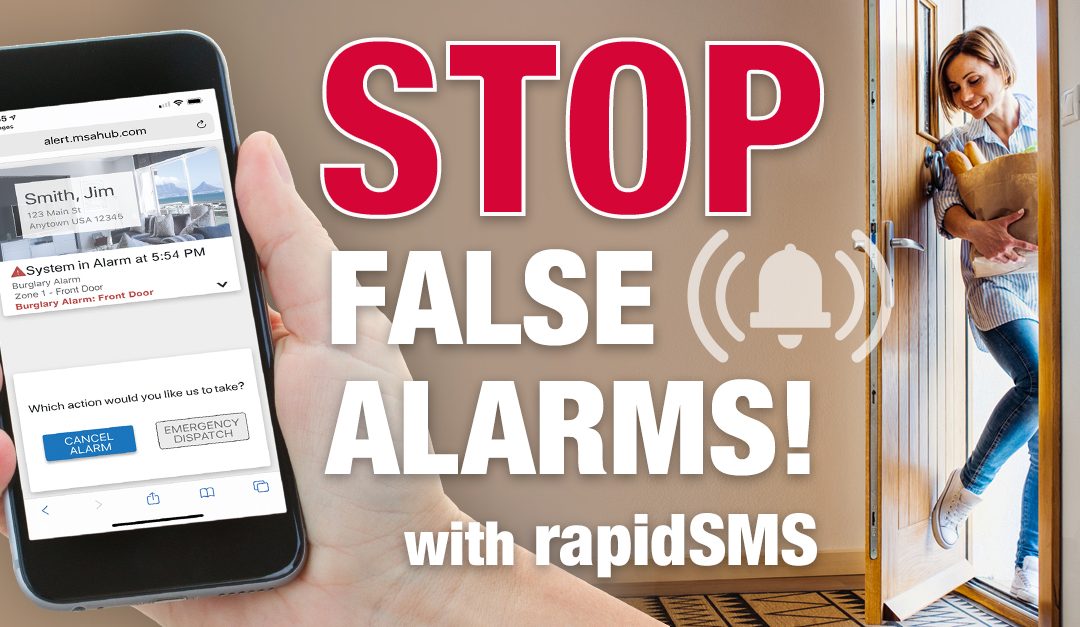What Is A False Alarm?
A false alarm is an alarm that triggers an emergency response when no emergency has occurred. In addition to being a nuisance false alarms exhaust the resources of police, fire and emergency personnel and keep them from responding to actual emergencies. To help reduce false alarms almost all of the cities in the Dallas-Fort Worth Metroplex require monitored alarm users to obtain an alarm permit and can fine users if they have too many false alarms in a given time period.
What Causes False Alarms?
- Unlocked or loose doors and open windows
- Visitors entering your home without being aware of your security system
- Wandering pets
- User error
- Equipment malfunction
- Items such as balloons, curtains or decorations setting off the motion detectors
How Can You Prevent False Alarms?
- Take time to educate your entire family on the operation of the alarm system and make sure they know how to cancel a false alarm
- Review your alarm system operating manual and keep it handy
- Keep your password and account information in a safe, available place in case it’s needed to cancel a false alarm
- Report faulty operation immediately
- Check that all doors and windows are closed and locked before you arm your system
- Periodically test your alarm system to ensure that signals are being properly received
How We’re Reducing False Alarms With rapidSMS
With the increase of spam calls people are answering their phones less and less when called from a number they don’t recognize, which contributes to emergency responders being dispatched for false alarms. In fact, 68% of police dispatches are due to customers not answering a call from the monitoring station, which is why we introduced rapidSMS, a notification service that sends an SMS message instantly in the event of an alarm allowing you to cancel or confirm an alarm right from your cell phone.
We are always evolving and looking for ways to improve and we believe this is one of the most important improvements we have implemented recently.

